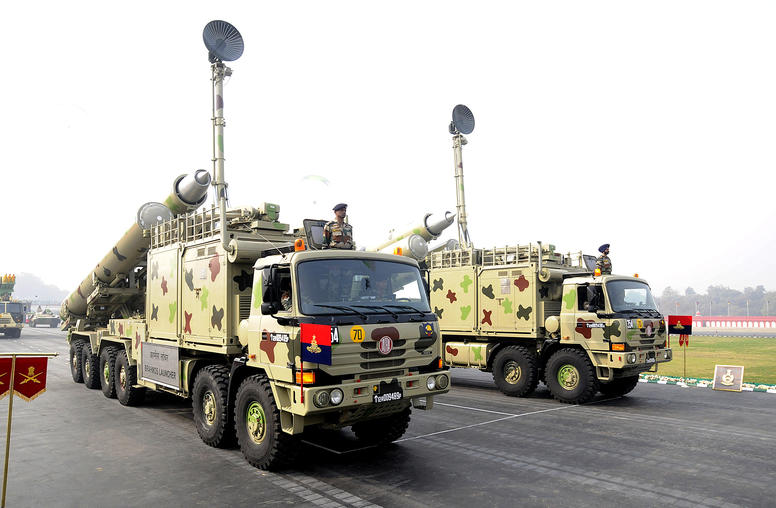 Pakistan
Pakistan
Growing intolerance for religious and ethnic minorities and limited state capacity to prevent, manage and resolve conflict in Pakistan have led to increased violence and extremism in the country. The U.S. Institute of Peace supports a network of local organizations in testing the use of media, arts, culture, and education as tools of engagement for peacebuilding. The Institute also works on police and judicial reform, supports initiatives to strengthen democratic institutions and governance, and promotes women’s voices in security sector policymaking. Evidence-based research and analysis provides guidance for policymakers and practitioners.
Learn more in USIP’s fact sheet on The Current Situation in Pakistan.
Featured Research & Analysis

The Current Situation in Pakistan
Pakistan continues to face multiple sources of internal and external conflict. Extremism and intolerance of diversity and dissent have grown, fuelled by a narrow vision of Pakistan’s national identity, and are threatening the country’s prospects for social cohesion and stability.

At SCO, Pakistan Promotes Relevance as China Projects Influence
Last week, Pakistan hosted leaders from China, Russia, India, Uzbekistan, Kazakhstan, Kyrgyzstan, Tajikistan, Iran and Belarus for the 23rd Shanghai Cooperation Organization (SCO) summit. While the lead-up to the summit highlighted the constraints that Pakistan’s internal troubles place on its ability to play an active role in global diplomacy, Islamabad was able to sidestep any serious diplomatic faux pas. India’s attendance may have left a door cracked to dialogue between Pakistan and its neighboring rival.

Will the IMF’s $7 Billion Bailout Stabilize Pakistan’s Economy?
The International Monetary Fund (IMF) has approved a $7 billion loan for Pakistan aimed at helping the South Asian nation stabilize its economy. After assuming power earlier this year, Pakistan’s new coalition government led by the Pakistan Muslim League-Nawaz (PML-N) had approached the IMF for the 25th time for a loan. On September 12, Pakistani Prime Minister Shehbaz Sharif said his country had met all the conditions set by the IMF to qualify for a new loan. And on September 25, the IMF signed a formal approval of the loan.
Current Projects

Senior Study Group on Strategic Stability in Southern Asia
Beginning in June 2021, USIP convened a group of senior experts to assess concerns that recent geopolitical and technological trends increasingly threaten the tenuous stability of Southern Asia. Over seven virtual plenary sessions, the senior study group assessed the changing capabilities, doctrines, threat perceptions and crisis response behavior of the main regional nuclear actors. Their final report summarizes those findings, considers U.S. policy options and identifies priority recommendations for the resolution or mitigation of core disputes, the enhancement of regional strategic stability, and the management of potential future crises.

Youth Advisory Council
Built upon the belief that youth bring significant and unique insight to peacebuilding, the U.S. Institute of Peace’s Youth Advisory Council (YAC) provides a mechanism through which USIP experts can benefit from youth perspectives and expertise. The YAC enables USIP staff to engage youth as partners, experts, and practioners while elevating youth voices and experience to the international level. The YAC contributes to USIP’s vision for an inclusive approach to peacebuilding. The Youth Advisory Council meets regularly to bring together youth thought leaders and peacebuilding experts committed to the Institute’s mission and activities.